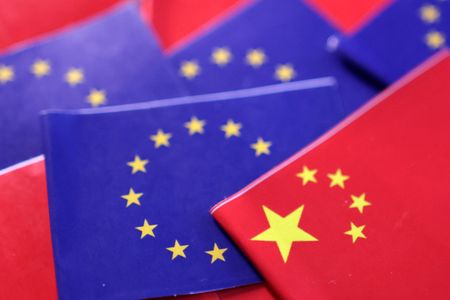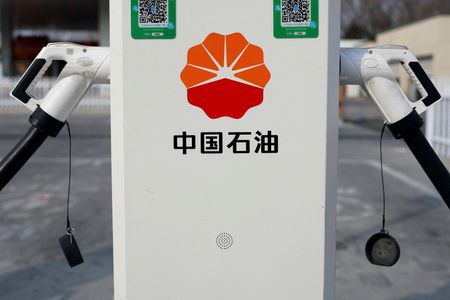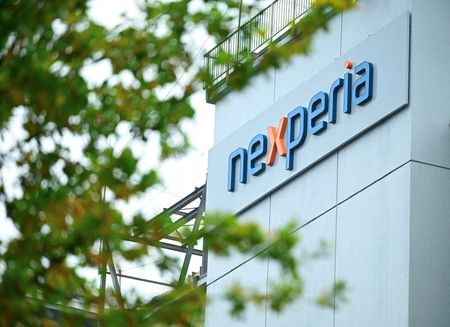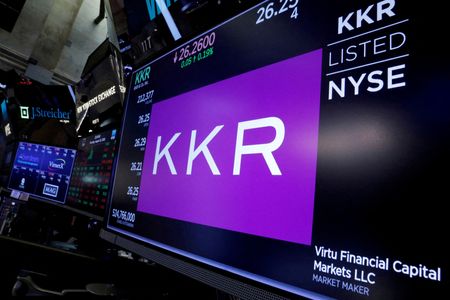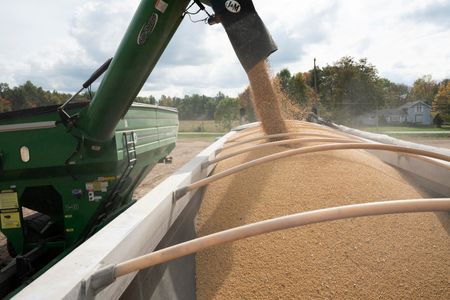JAKARTA (Reuters) -Indonesia has issued new rules to allow the government to procure goods with lower locally-produced content, a document showed, addressing a key point in its proposal to address the potential economic impact from U.S. tariffs.
Jakarta is currently negotiating the 32% tariffs the U.S. wants to impose on Indonesian imports. These tariffs are paused until July.
As part of the negotiations, Indonesia has proposed to increase its annual imports from the U.S. by up to $19 billion by switching to U.S. suppliers for goods such as wheat, soybean, liquefied petroleum gas and crude.
The new law will permit any state ministry and institution to buy products with locally-produced content of 25%, compared to a minimum of 40% previously, the regulation showed. It was signed by President Prabowo Subianto on April 30.
In a recent report, U.S. trade representatives said the 40% local content requirement in government procurement was among the trade barriers they faced in southeast Asia’s largest economy.
“So this is part of major efforts by the government on deregulation which will speed up or ease business activities,” said Industry Minister Agus Kartasasmita, quoted by state news agency Antara on Tuesday.
Under the new rules, the government will also be able to purchase goods with less than 25% local content if faced with supply constraints, and import goods if they are unavailable domestically.
Indonesia’s exports to the U.S. only account for about 2% of its gross domestic product, the government has said, but the economy is vulnerable to the potential effects of the trade war.
Indonesia posted a $14.3 billion trade surplus with Washington last year, government data shows.
(Reporting by Ananda Teresia and Stefanno Sulaiman; Editing by Rachna Uppal)


